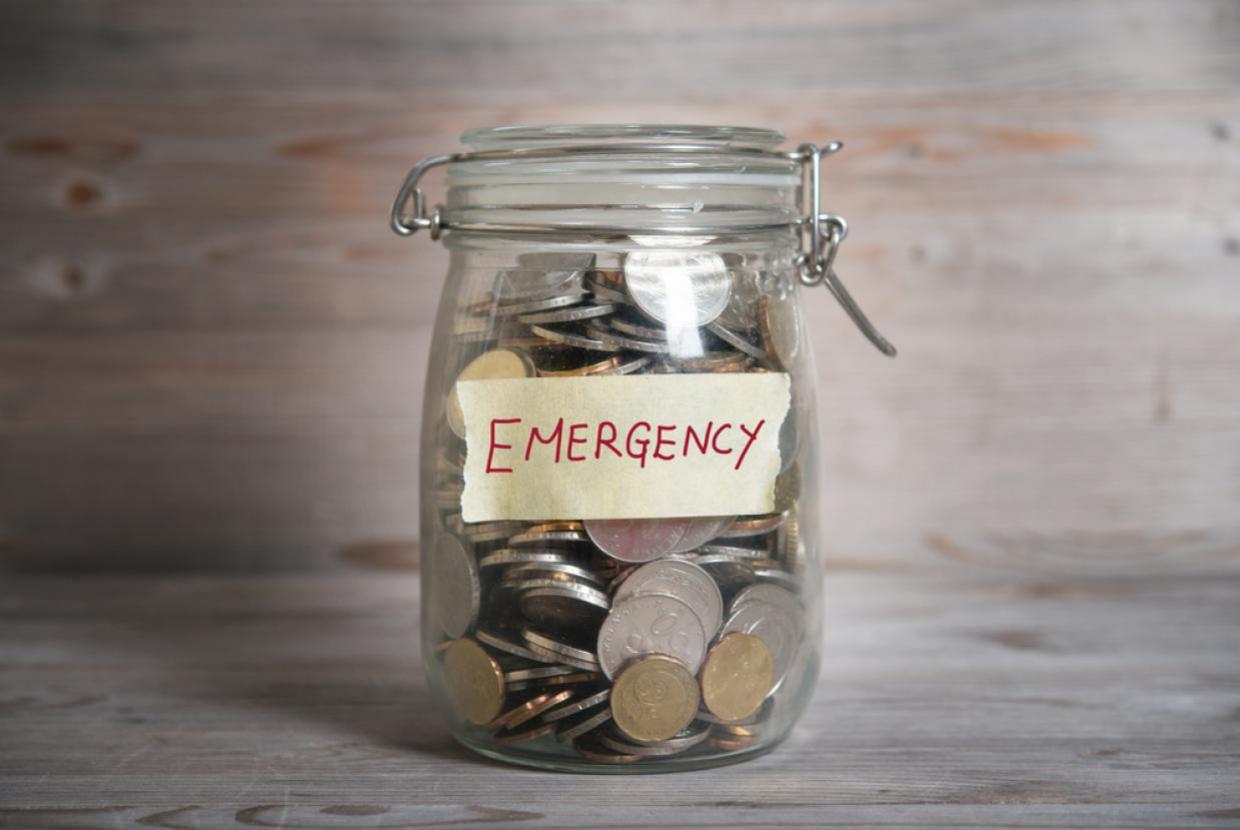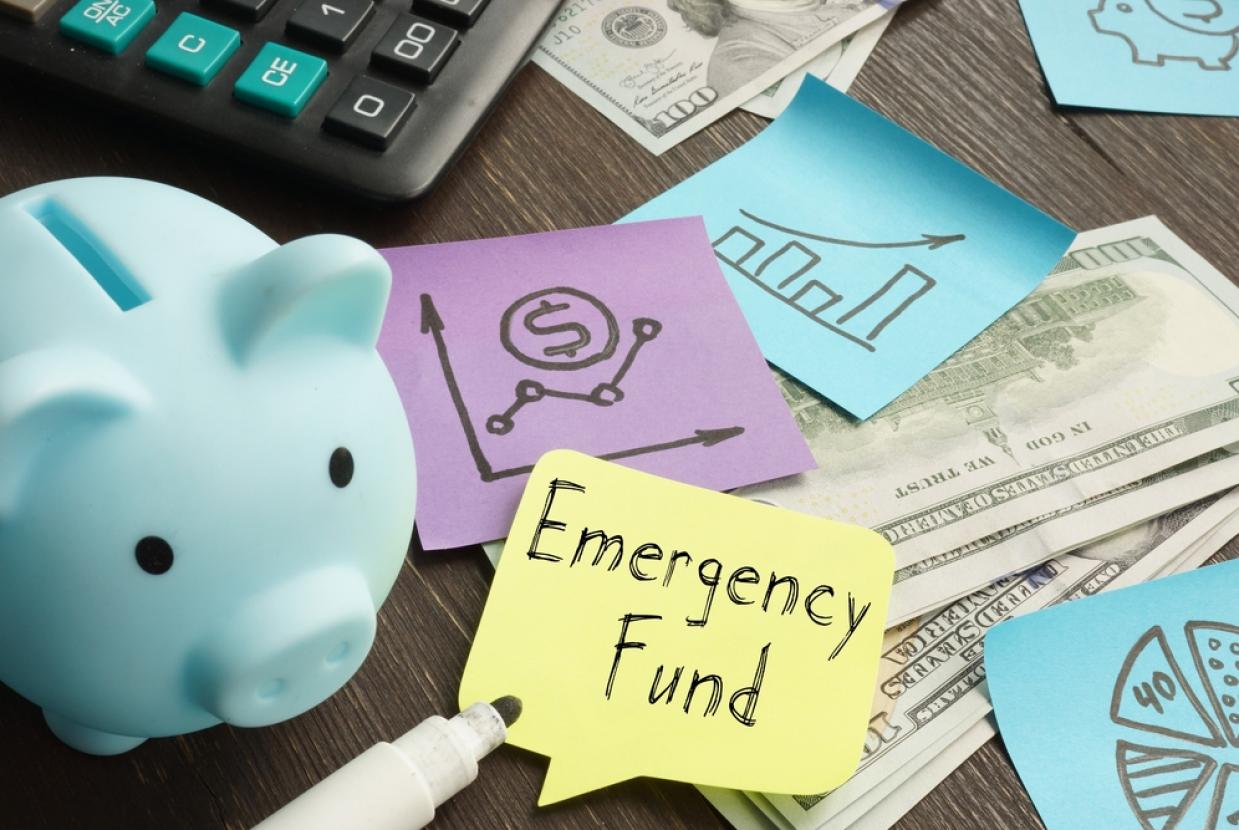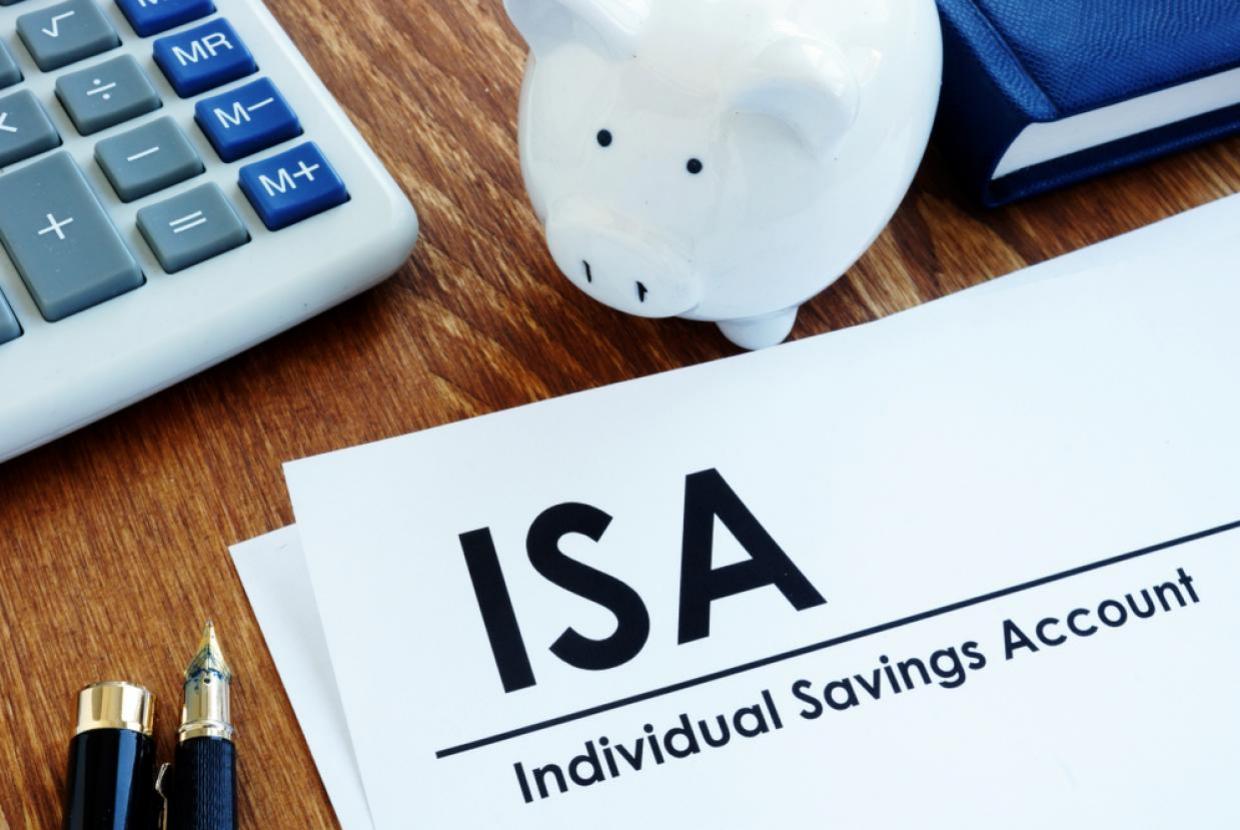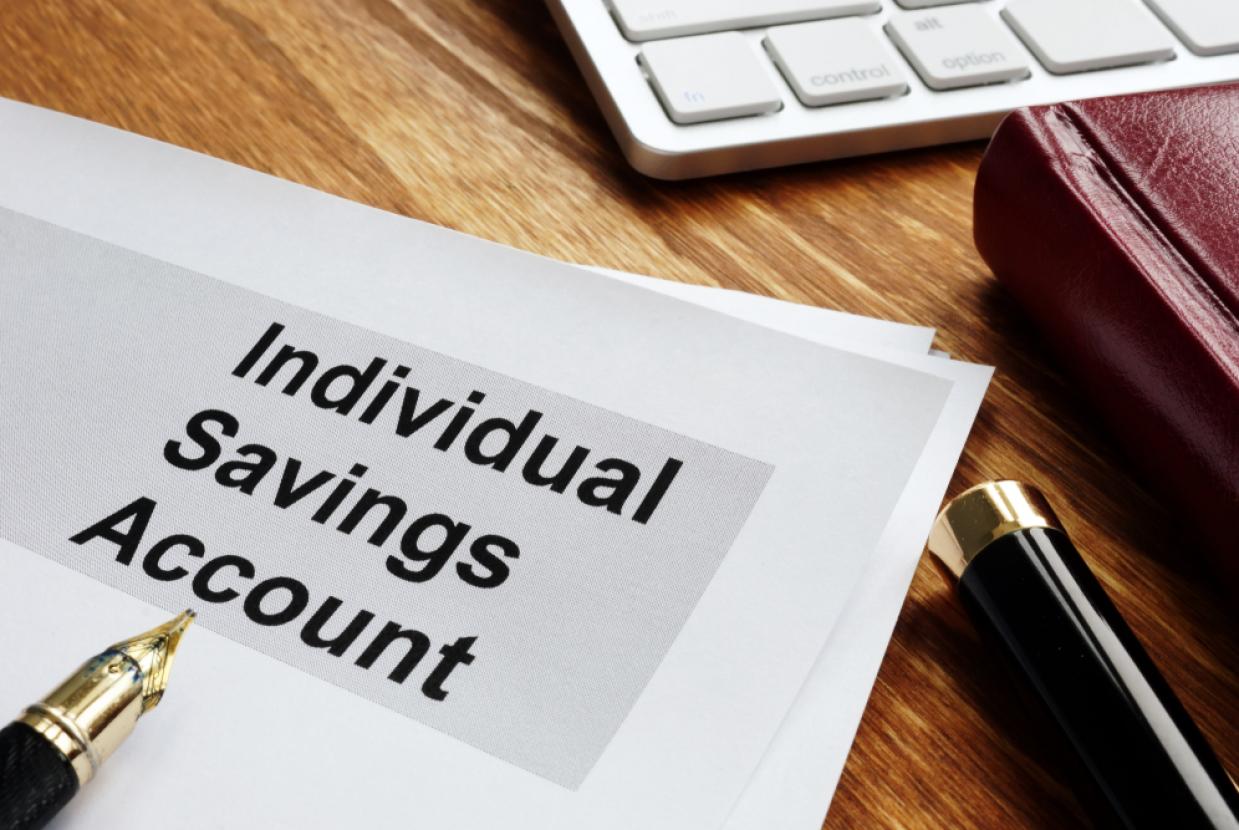Risks Of Investing
If you’re thinking about investing, it’s not a way to get rich quick: you must be prepared to lose some or all your money. Investments are for the long-term so you might be better off reviewing your budget to maximise your income.
What is investing?
Investments are something you buy or put your money into, usually for the long term, in the hope that you’ll get a profitable return. Before investing your money, you should make sure you understand the risks. Find out more about the risks and returns of investing in our beginner’s guide to investing.
Should I save or invest my money?
Deciding whether to save your money in the short-term or invest it for a longer period (upwards of five years) is important. Before investing, some questions you should ask yourself are:
- Do I have a savings fund I can quickly access for emergencies (such as a broken boiler or car)?
- Do I have unmanageable debts that I should try to pay off first?
- Can I afford to lock away some of my money for a long period of time?
- Can I afford to lose my money if the value of my investments goes down?
- What level of risk am I comfortable with?
If your reason for investing is to make money, perhaps because of limited household income, then remember that investing is not a way to get rich quick.
What types of products can I invest in?
If you’ve decided that investing is for you, you need to understand the types of products you can invest in.
Most people choose from four main types of investment. These are called ‘asset classes’. The main types of investment are:
- cash – the savings you put in a bank, building society account, or credit unions.
- Cash ISAs – you’ll earn tax-free interest on your savings. You can find out how they work, how to open one and if they are right for you
- Stocks and shares ISA – for long term savings with tax free growth
- fixed interest securities (also called bonds) – IOUs given in return for loaning money to a company or government
- shares – you buy a stake in a company (or you buy a range of shares via ‘funds')
- property – you invest in a physical building, whether commercial or residential.
It’s possible to invest in each one directly but some are riskier than others.
Some investments like funds may contain a range of these asset classes to reduce the risk of you losing some or all your money.
Your pension is an investment
If you’re employed and have a workplace pension, then it’s probably invested in a fund selected by your pension scheme provider.
You can keep your pension in this default fund, but some pension schemes will also allow you to pick your own funds based on your retirement goals and your attitude to risk.
What should I look for when choosing to invest online or via an app?
You have probably seen adverts on social media for apps and websites that make investing look easy, treat it like a game, or a persuade you to think that investing is a quick way to get rich.
Investment platforms let you buy and hold shares, bonds, funds, or other investment types in one place. Some will let you make your own choices, while others will give you ready made selections that match your attitude to risk.
Before choosing any investment platform, there are four things you should check:
1. Is the platform regulated by the FCA?
The Financial Conduct Authority (FCA) is the organisation in the UK that regulates firms offering financial services, such as banks and investment companies. If a firm wants to offer certain financial services, then they need to be registered (also referred to as authorised or regulated) with the FCA.
If a firm is registered, you can be reassured that they:
- have signed a code of conduct to say they’ll treat customers fairly
- must provide you with information that is clear, fair and not misleading
- must have adequate systems in place to protect your data and your money.
You can check the FCA Register to confirm if an investment provider is authorised and what it is authorised to do.
Scammers might try to use the name of a registered firm to look legitimate so you should only use the contact details listed on the register when doing business with any firm. Some investments in things like gold or wine and most cryptocurrency products or services are not regulated by the FCA.
2. Will my money be protected by the Financial Services Compensation Scheme (FSCS)?
If you have an investment and the provider or your advisor goes bust, you might be able to claim back:
- up to £85,000 per eligible person, per bank, building society or credit union.
- up to £170,000 for joint accounts.
Claims for poor investment performance (for example, if the value of your investment drastically drops) are generally not covered by the FSCS.
3. Who can I complain to if things go wrong?
If you have a complaint about your investment provider then you might be able to get the Financial Ombudsman Service to investigate it on your behalf if the firm is regulated by the FCA.
You will need to have tried to resolve your complaint with your provider before they are able to help.
You can find out more about the steps you must take when making a complaint in our guide Sort out a money problem or make a complaint.
4. How can I spot if an investment is a scam?
As a rule, if something sounds too good to be true then it probably is. But spotting an investment scam isn’t always easy.
Should I consider high-risk investments like cryptocurrency?
Cryptocurrencies, like Bitcoin and Ethereum, are often in the news, because their ‘values’ can fluctuate massively.
Because of this, some people think they’re an easy way to make lots of money and quickly. But their unpredictability makes them a very risky investment – their value could go up or down (even in the same day) and even fall to zero, meaning you would lose all your money.
Only a relatively small number of cryptocurrency companies are regulated by the FCA and only partially. The FCA ensures that companies comply with the Money Laundering, Terrorist Financing and Transfer of Funds Regulations.
It is unlikely that you will be protected by the Financial Ombudsman Service or the Financial Services Compensation Scheme.
The firm should provide you with information about the potential risks and whether their products and services are covered by these protections. This means, if the company you put your money into goes bust, or you were scammed it’s highly likely you will lose your money.
The FCA regulates how companies sell cryptocurrencies to UK investors. All companies advertising cryptocurrencies must:
- give new customers a 24-hour “cooling-off period”. This means you must wait 24 hours before completing your transaction.
- include a clear risk warning
- be clear, fair and not misleading
- not include refer a friend and sign-up bonuses
Before investing, search the warning list on the FCA website.
Find out more on the Bank of England website about cryptocurrency and why it’s so volatile
Cryptocurrency isn’t the only type of investment that’s risky because you can lose all your money.
Others you might come across include mini bonds and venture capital trusts. Find out about these and more in our guide High-risk investment products.
Can I trust investment recommendations on social media?
Whether it's posts on Instagram, Facebook or Twitter, or videos on TikTok and YouTube, you’ve probably seen investment advice and opportunities from self-proclaimed ‘financial experts’ and social media influencers.
But how can you know if you can trust an investment recommendation you spot on social media?
It would be unwise to invest any money based on a recommendation made on a social media platform. Most people giving investing advice on these platforms have no significant financial experience or training and care should be taken when considering their advice.
For example, if an investment tip is broadcast to many people at once on social media, it’s likely you will not be the first to act. This means you could end up making the investment when the price is already extremely high.
Scams are another risk of using social media to get investing advice.
Scammers often fake profiles of well-known celebrities or the websites of legitimate firms to steal your personal information or get you to invest in get rich quick schemes. According to Action Fraud over £145m was lost to cryptocurrency fraud in 2021 alone.






































